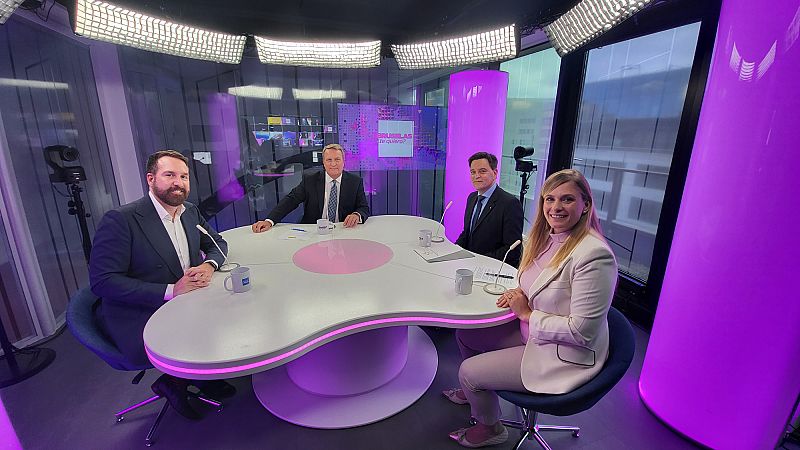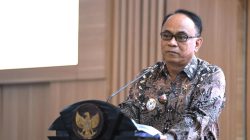Brussels has made its position clear! The European Commission unveiled its long-term financial plan, starting intense discussions about distribution and funding responsibilities. Wealthy nations such as Germany and the Netherlands have already dismissed the figures as being overly optimistic.
Tolong support kita ya,
Cukup klik ini aja: https://indonesiacrowd.com/support-bonus/
However, it’s not solely focused on politics – it involves determining who prevails in key sectors such as technology, farming, and environmental initiatives. Who will ultimately have their vision realized? And what advantages will regular people gain?
Discussion points for our panel this week: Kait Bolongaro, managing editor for Europe at MLEX, Tomi Huhtanen, executive director at the Wilfried Martens Centre and Dave Keating, Brussels correspondent for France 24.
It would be an understatement to claim that the European Commission’s plan for a long-term budget could remain unchanged.
Support us — there's a special gift for you.
Click here: https://indonesiacrowd.com/support-bonus/
Chancellor Friedrich Merz argues that the EU should make better use of its existing funds. This creates a conflict with fellow German Christian Democrat Ursula von der Leyen, who maintains that increasing challenges require a sufficient financial response – in other words: additional funding.
Prepare for intense financial conflicts that could extend over two years!
A dispute concerning finances: this time, it will increase the cost of smoking in all its forms. The European Commission has declared a renewed effort to reduce tobacco use by implementing higher taxes.
At the same time, the World Health Organization is issuing a warning: long-term public health issues are becoming unmanageable. As a solution, the WHO is encouraging nations to increase the costs of sugary beverages, alcohol, and tobacco by 50% within the next decade via increased taxation.
This could prevent millions of deaths and generate 1.4 trillion euros worldwide, as reported by the WHO.
The action could reduce the use of items linked to illnesses such as diabetes and cancer. The WHO is now aligning with the European Commission, which aims to update the EU’s Tobacco Taxation Directive. Is this a clear message for public health or merely another method to increase tax revenue? Can public health be enhanced through financial policies?
Ultimately, the panelists talk about the fast-fashion sector in Europe, where the search for extremely inexpensive online deals could become less appealing – particularly in France.
The authorities in Paris have imposed a €40 million penalty on the Chinese ultra-fast fashion company SHEIN, citing “deceptive commercial practices” according to regulators. This marks a significant increase in Europe’s attention towards the fast fashion industry.
The strike occurs two months after the European Commission determined that Shein violated EU law by participating in unlawful business activities, as part of a joint inquiry with local consumer protection agencies.
And at the beginning of this year, France had already introduced new laws aimed at Shein and its Chinese competitor Temu, including environmental taxes, advertising prohibitions, and limitations on influencers.
Will these actions affect customers? Will they cease purchasing from those websites?







